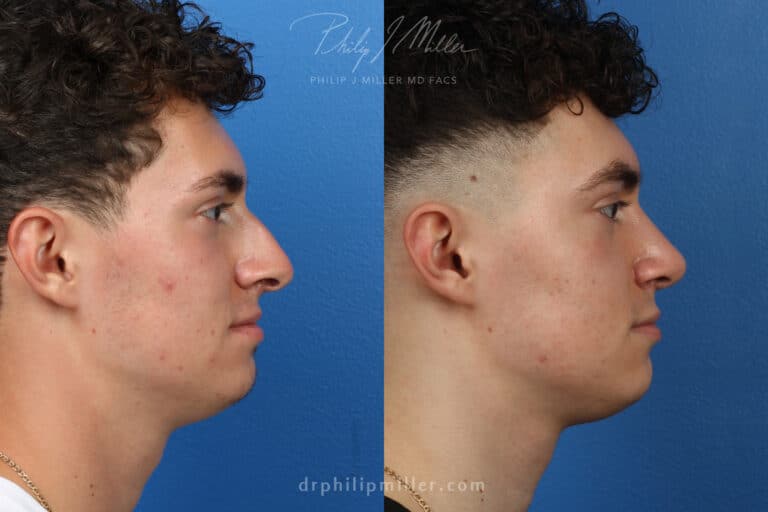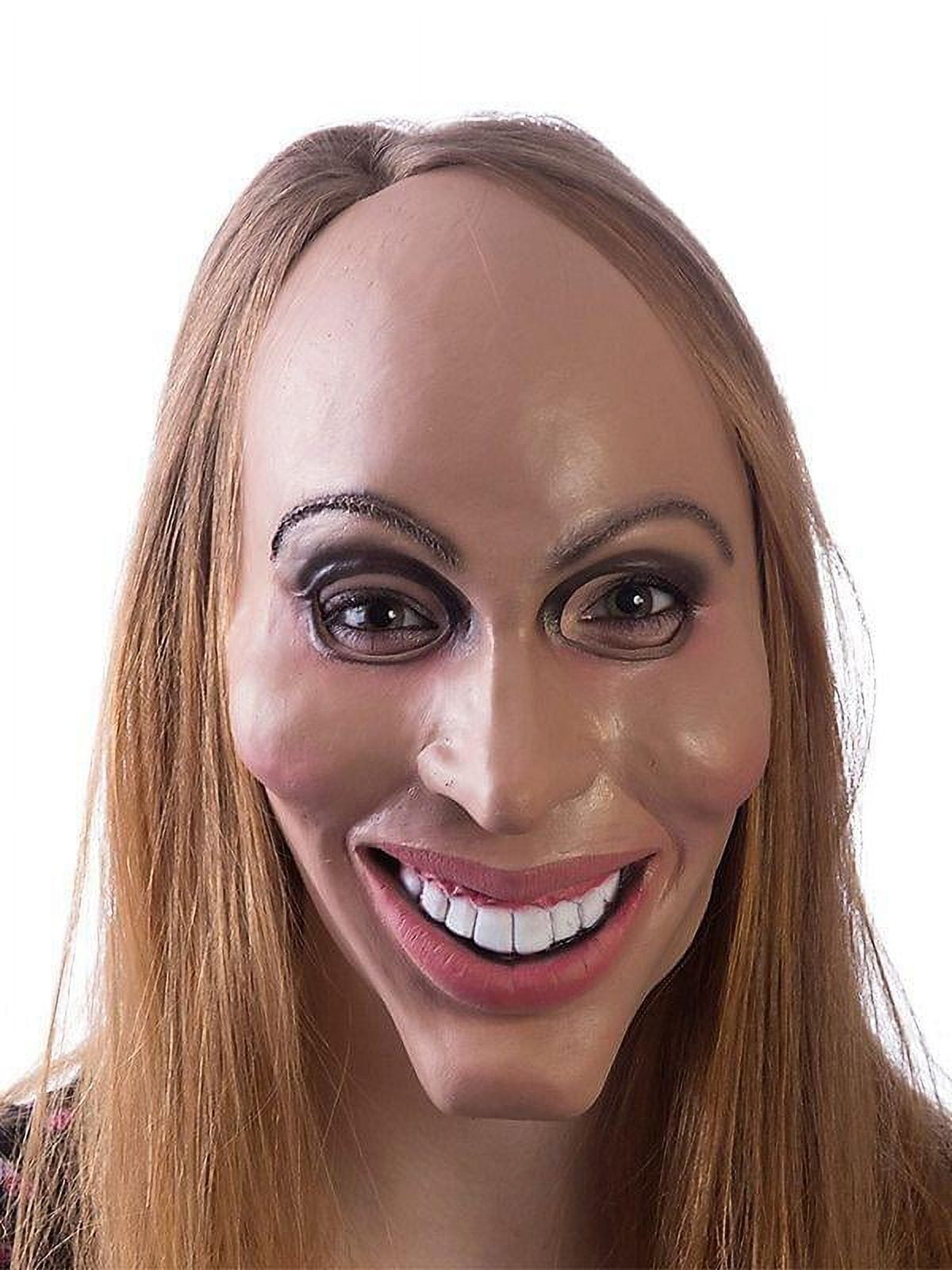Examining the Mental and Social Factors That Drive People to Think About Plastic Surgery as a way of Enhancement
The decision to go after cosmetic surgery typically prolongs past mere looks, intertwining with social and psychological dynamics that merit complete evaluation. Elements such as self-worth, pervasive societal beauty requirements, and the pervasive influence of social media merge to shape private motivations for surgical improvement. As these influences end up being progressively popular, comprehending the underlying social and psychological contexts is essential. What continues to be to be checked out is the extensive impact these aspects have not only on individuality however also on more comprehensive societal norms and worths surrounding appeal and acceptance.
The Function of Self-worth
Self-confidence significantly influences a person's choice to pursue cosmetic surgical treatment. Individuals with low self-esteem typically view themselves in a negative light, leading to sensations of inadequacy regarding their physical look.

Ultimately, the function of self-confidence in the decision-making procedure relating to cosmetic surgical treatment highlights the complicated interaction between body picture, individual contentment, and psychological wellness. Understanding this connection is vital for medical care specialists to make certain that clients are making notified decisions rooted in reasonable assumptions and emotional wellness.
Social Charm Criteria
Influenced by prevalent media representations and cultural narratives, societal charm criteria play an essential duty fit people' assumptions of their very own bodies. These standards are usually characterized by an idyllic type of beauty that highlights characteristics such as slimness, symmetry, and youthfulness. As these suitables are continued with various networks, consisting of television, advertising and marketing, and movie, individuals frequently internalize these messages, leading to discontentment with their all-natural appearance.
The ramifications of these social standards expand past aesthetic choices; they can affect self-confidence, mental health, and interpersonal partnerships. Individuals who regard themselves as dropping brief of these criteria may experience feelings of inadequacy, motivating a need for plastic surgery as a method of accomplishing social authorization. This quest is frequently sustained by the idea that complying with these perfects will certainly enhance not just physical look however additionally social standing and individual satisfaction.

Impact of Social Media
The influence of social elegance standards is further magnified by the rise of social networks platforms, where curated pictures and idealized depictions of beauty are ubiquitous. Users are continuously exposed to filtered and modified pictures, which often depict unattainable physical attributes. This direct exposure grows a society of contrast, leading people to examine their very own appearance versus these often unrealistic benchmarks.
Social media influencers and stars often promote cosmetic procedures, stabilizing the notion that surgical improvements are a viable methods for attaining social perfects (plastic surgery rancho cucamonga). The presence of these improvements can produce an understanding that undertaking cosmetic surgical treatment is a conventional method, thus influencing people to consider comparable interventions as a path to boosted self-confidence and social approval
Furthermore, the interactive nature of social media allows for instant feedback with likes and remarks, better strengthening you could look here the wish to satisfy popular elegance criteria. Such communications can worsen feelings of insufficiency and drive individuals towards plastic surgery as a way of gaining recognition. Ultimately, social media sites plays a crucial function fit assumptions of charm, which considerably impacts the decision-making procedures surrounding cosmetic surgical procedure.

Cultural Viewpoints on Look
Across different cultures, perceptions of look are deeply rooted in historic, social, and economic contexts, shaping individuals' sights on charm and desirability. In several societies, appearance works as a substantial marker of identification, affecting social status, specialist chances, and personal relationships. As an example, in some cultures, light skin is typically connected with riches and opportunity, while others may glorify darker skin tones as icons of stamina and authenticity.
Additionally, traditional elegance requirements are often continued with social narratives, media depictions, and family affects, leading to differing ideals throughout various regions (plastic surgery rancho cucamonga). In Western societies, the emphasis on young people and physical fitness frequently drives individuals towards cosmetic improvement, while in particular Eastern societies, even more refined changes straightened with conventional aesthetic appeals might be chosen
Globalization and the expansion of digital media have additionally complicated these dynamics, producing a hybridization of elegance suitables that goes beyond geographical boundaries. As individuals progressively browse these cultural narratives, the pressure to satisfy specific appearance criteria can result in the wish for cosmetic surgical procedure, mirroring a complex interaction of personal aspirations and social worths. Recognizing these cultural point of views is crucial in dealing with the motivations behind cosmetic surgical procedure considerations.
Mental Impacts of Cosmetic Surgery
Many people looking for plastic surgery report experiencing profound emotional impacts that can considerably modify their self-perception and emotional wellness - plastic surgery rancho webpage cucamonga. The need for physical improvement commonly comes from underlying concerns such as reduced self-esteem, body dysmorphic disorder, or social pressures regarding beauty standards. For some, hop over to these guys the prompt post-operative phase can result in a momentary boost in self-confidence and satisfaction with their look, promoting a sense of empowerment
Nevertheless, these positive sensations may not be sustaining. Research shows that while some patients experience boosted self-confidence, others might face elevated anxiousness or depression if their expectations are not fulfilled. This inconsistency can arise from unrealistic ideals continued by media depiction and social narratives bordering elegance.
Moreover, the emotional ramifications of cosmetic surgical procedure prolong past the individual. Relationships with friends and family may be stressed as social characteristics shift, bring about feelings of isolation or alienation. Inevitably, the psychological effects of plastic surgery are complicated and complex, calling for mindful factor to consider by both possible clients and health care providers to make sure educated decision-making and sensible assumptions.
Verdict
Finally, the decision to go after cosmetic surgical procedure is dramatically affected by a mix of self-worth concerns, social elegance standards, and cultural point of views on look. The pervasive reach of social media sites further worsens these pressures, promoting impractical perfects that people frequently strive to acquire. Comprehending these emotional and social aspects is vital for addressing the motivations behind plastic surgery, highlighting the need for a much more nuanced discussion surrounding elegance and self-acceptance in modern culture.
The decision to go after cosmetic surgery often expands beyond plain visual appeals, intertwining with social and mental characteristics that merit detailed evaluation. Ultimately, social media plays a pivotal duty in forming assumptions of beauty, which dramatically affects the decision-making processes bordering cosmetic surgical procedure.
As people significantly browse these cultural stories, the stress to conform to details look standards can lead to the wish for cosmetic surgical treatment, showing a complicated interaction of social values and personal goals.In verdict, the decision to go after cosmetic surgical procedure is significantly influenced by a mix of self-esteem problems, societal elegance requirements, and cultural point of views on appearance. Comprehending these social and emotional variables is important for addressing the inspirations behind cosmetic surgical procedure, highlighting the demand for a much more nuanced discussion surrounding appeal and self-acceptance in modern culture.